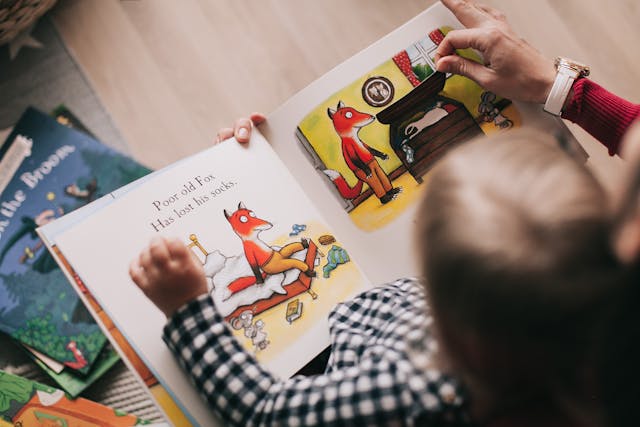
Obtaining a Level 2 Certificate in Caring for Children and Young People can qualify you for various entry-level positions within the childcare, education, and social care sectors. While the specific job opportunities available to you may depend on additional qualifications, experience, and local regulations, here are some potential job roles you could pursue with a Level 2 Certificate in Caring for Children and Young People:
- Childcare Assistant: Childcare assistants work under the supervision of qualified childcare professionals, such as nursery managers, early years educators, or childminders, to provide care and support to children in various childcare settings. Your responsibilities may include supervising children, assisting with activities, preparing snacks, and maintaining a safe and nurturing environment.
- Nursery Assistant: Nursery assistants work in nursery settings, supporting early years educators in providing care, education, and play-based learning opportunities to young children. You may help plan and organize activities, support children’s development and well-being, and communicate with parents or caregivers about children’s progress and needs.
- Playworker: Playworkers work in after-school clubs, holiday play schemes, or community centers, providing play and recreational activities for children and young people outside of school hours. You may supervise group activities, facilitate creative play, and ensure the safety and well-being of participants while promoting social interaction and fun.
- Teaching Assistant: Teaching assistants work in schools, supporting teachers in classrooms to assist with the learning and development of students. With a Level 2 Certificate in Caring for Children and Young People, you may work as a teaching assistant in early years settings, primary schools, or special education settings, providing one-on-one support, assisting with activities, and helping to create inclusive learning environments.
- Childcare Support Worker: Childcare support workers provide support to children and young people with special educational needs, disabilities, or behavioral challenges in childcare settings, schools, or residential facilities. You may assist with personal care routines, implement behavior management strategies, and support individuals’ social and emotional development under the guidance of qualified professionals.
- Family Support Worker: Family support workers provide practical and emotional support to families with young children, offering assistance with parenting skills, household management, accessing community resources, and promoting positive family relationships. You may work for local authorities, charities, or non-profit organizations that provide family support services.
- Youth Support Worker: Youth support workers work with adolescents and young people in various settings, such as youth clubs, community centers, or residential programs, to provide guidance, mentorship, and support. You may facilitate group activities, offer counseling or advocacy, and help young people develop life skills and positive relationships.
- Residential Care Worker: Residential care workers work in children’s homes, residential schools, or foster care settings, providing care and support to children and young people who are unable to live with their families. Your role may involve creating a nurturing and supportive environment, promoting independence, and facilitating the social and emotional development of residents.
While these are examples of potential job roles, it’s essential to research specific job requirements and opportunities in your area to determine the best fit for your skills, interests, and career goals. Additionally, consider pursuing further education, certifications, or practical experience to enhance your qualifications and expand your career prospects in the field of childcare and youth work.
